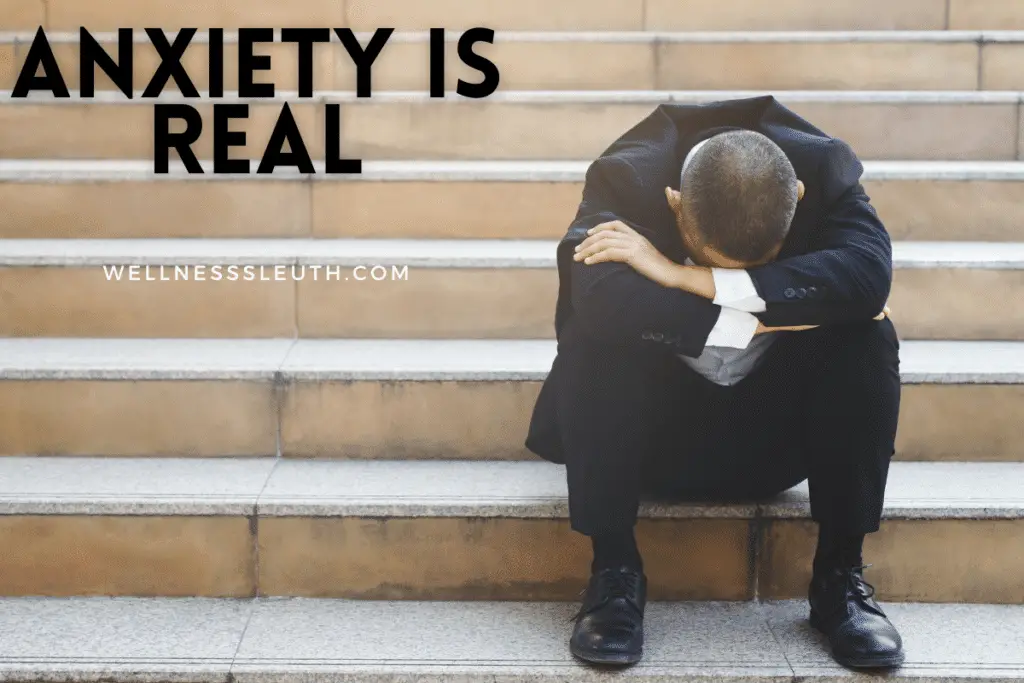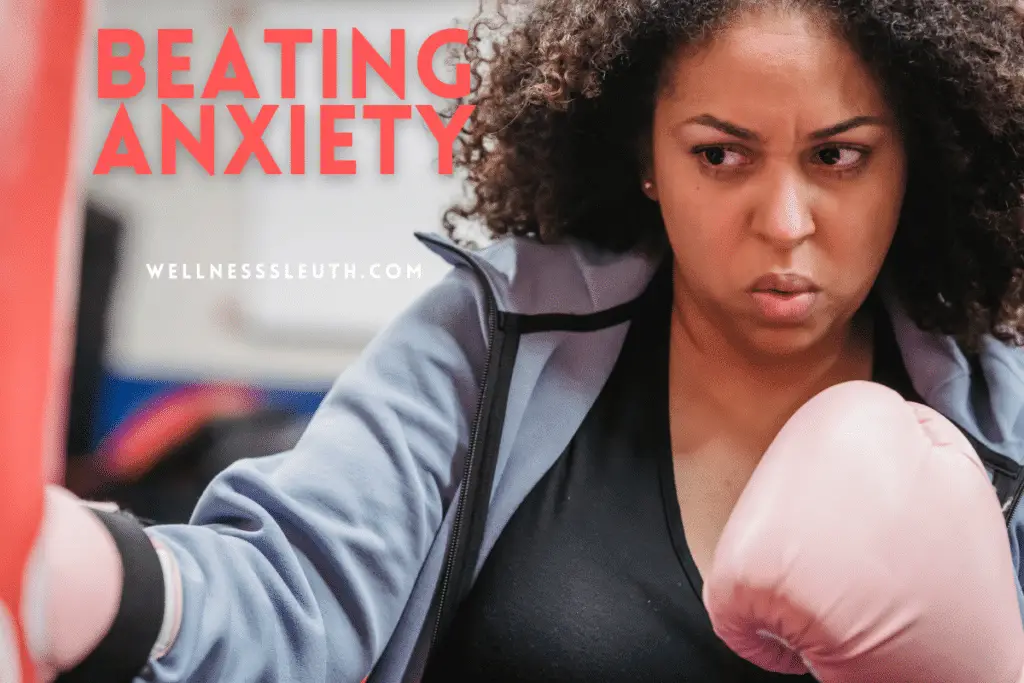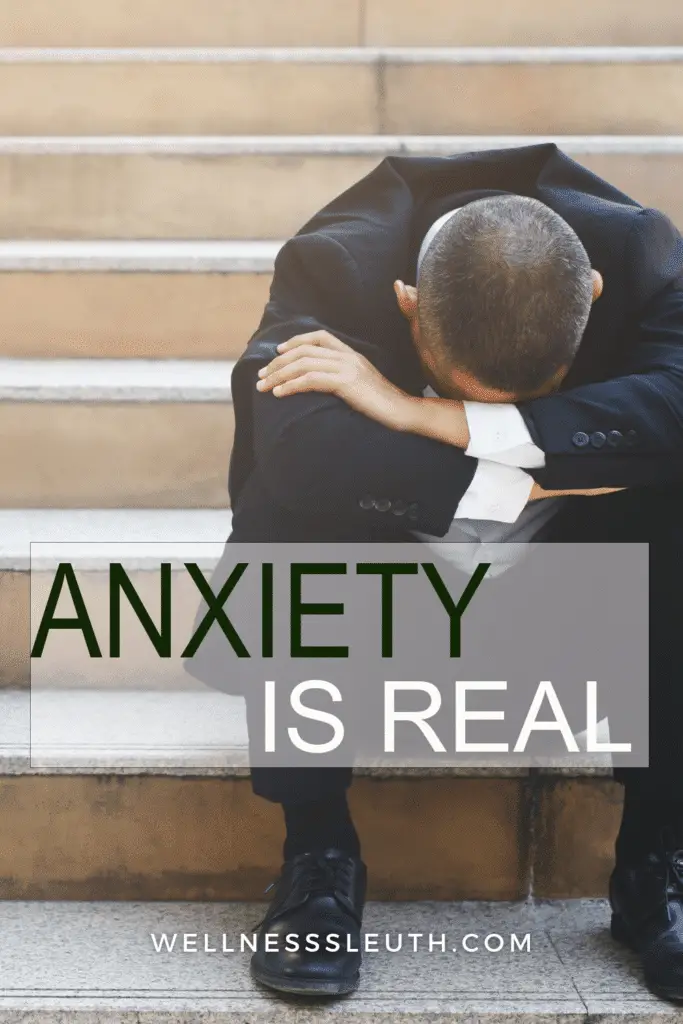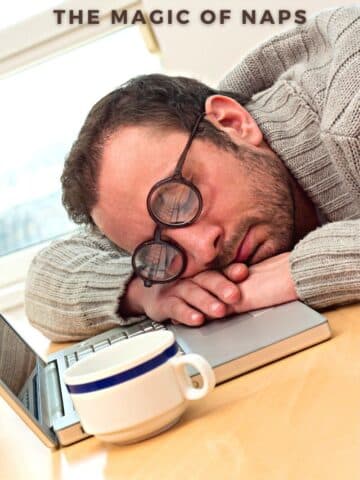What is Anxiety

Anxiety is a normal human emotion
Anxiety is a normal human emotion that everyone experiences at times throughout their lives. However, anxiety can become a debilitating illness when it is experienced constantly and not addressed with the help of anxiety counseling or anxiety therapy such as Cognitive Behavioural Therapy (CBT)
What is CBT?
Cognitive Behavioural Therapy (CBT) is a therapeutic approach that focuses on changing people's thoughts, feelings, and beliefs so they can decrease anxiety. This type of treatment helps patients understand the connections between their thoughts, feelings, physical sensations, and behaviors. Thoughts or beliefs are not always accurate or helpful or even based in reality. CBT helps patients learn to recognize anxiety triggers, patterns and what makes anxiety worse.
How can you beat anxiety?

What can you do to lower anxiety?
Many people who suffer from anxiety also find that working with a therapist is very helpful in terms of learning coping skills, but there are things they can do on their own to help lower anxiety levels.
One thing they can try is anxiety counseling. Anxiety counseling is typically a short-term or long-term treatment depending on the severity of anxiety and how well the patient responds to anxiety counseling. On average, anxiety counseling takes place over a period of six months to a year, but in some cases, anxiety counseling can take up to two years.
What is the meaning of Anxiety?
Step 1: First, it is important to know what anxiety is and how it works so you can figure out how to beat it. According to the book "The Anxiety & Phobia Workbook," anxiety has three main components that contribute to its existence in a person's life. These components are physiological arousal, behavioral avoidance, and negative or catastrophic thinking. When you are dealing with anxiety, these three components work together to create a cycle that is extremely difficult to break on your own. To beat anxiety, two of these components must be addressed simultaneously while the other one is minimized in order for the cycle to end.

The release of stress hormones
Step 2: The physiological component of anxiety involves the release of stress hormones in the body. These chemicals cause a person to be alert and ready for immediate action when anxiety is triggered, even if there is no reason to fight or flee from a threat at that very moment. In order to help stop anxiety from continuing its cycle, medications such as anti-anxiety drugs can be used, but they often have side effects that can create anxiety of their own. If you are looking to stop anxiety naturally, the second step is critical.
What keeps anxiety running on a daily basis
Step 3: The behavioral component is what keeps anxiety running on a daily basis, even when it has already been beaten down once or twice. This involves avoiding anxiety triggers whenever possible and engaging in behaviors that bring about calmness, such as taking a bubble bath, exercising, or engaging in another relaxing activity. However, anxiety sufferers tend to avoid anxiety triggers because they are afraid of being overwhelmed by anxiety symptoms that have already been experienced countless times before. Instead of avoiding anxiety-provoking situations, it is important for anxiety sufferers to expose themselves to these anxiety triggers on a regular basis and to be around anxiety-provoking people and places. The anxiety trigger will no longer be a threat and anxiety symptoms can lose their power, thus stopping the anxiety cycle.
Negative anxiety-based thinking is what leads to anxiety symptoms
Step 4: Because anxiety is more than just the physical symptoms we experience when we are under stress, it is important to address our thinking processes as well. Negative anxiety-based thinking is what leads to anxiety symptoms in the first place, so it is important to replace anxiety thoughts with anxiety-neutral or anxiety-positive thoughts. Anxiety thoughts are often irrational and illogical, but they can be recognized by their "what if" nature. They ask questions like "What if I have a panic attack?" instead of "What if I panic?" and anxiety sufferers tend to be extremely occupied by these anxiety-provoking questions. For example, instead of deciding not to go to school because you might have a panic attack in front of your class and everyone will see how anxious you are, tell yourself that even though it is possible for people to notice anxiety symptoms , it is not likely and anxiety has nothing to do with intelligence. Anxiety-neutral thoughts focus on the anxiety trigger itself, such as what might happen if you go to a social event and how you can prepare for that event in such a way that anxiety symptoms are less likely to occur.
Get away from the situation and seek a safe place
Step 5: It is important not to ignore anxiety or anxiety symptoms, even if anxiety-neutral or anxiety-positive thinking seems to be working at the moment. If anxiety symptoms do occur, it is critical to address them head-on and stop their progression into a full anxiety episode. If anxiety symptoms become too much to handle during a social event, for example, it is important to get away from the situation and seek a safe place where anxiety symptoms will not be seen by others. While anxiety is often characterized as shyness or social anxiety, anxiety has nothing to do with the preferences of an individual and everything to do with anxiety symptoms that can affect anyone at any time. When anxiety symptoms come on they tend to build up slowly and then they become a full anxiety episode. If anxiety symptoms are left alone, they will progress further and anxiety attacks can occur without any warning whatsoever. That is why it is important to seek treatment for anxiety as soon as possible and not become a victim of anxiety disorder progression, which can happen quickly and without warning, if anxiety treatments are ignored or avoided altogether.
CBT - The first anxiety treatment that should be tried
Step 6: The anxiety cycle is not an easy thing to stop, but anxiety treatments can help anxiety sufferers beat anxiety. The first anxiety treatment that should be tried is cognitive-behavioral therapy (CBT). CBT alone has been shown to effectively reduce anxiety symptoms and anxiety disorder progression. If anxiety sufferers are dealing with more severe levels of anxiety, medications will be necessary as well. Anxiety medications are not strong enough to stop anxiety on their own, but they can reduce anxiety symptoms and anxiety attack progression for individuals struggling with more severe anxiety.
If you or a loved one has experienced anxiety disorder progression that seems impossible to treat, anxiety treatments may be able to help. It is never too late to beat anxiety.
CBT and DBT alone eliminate anxiety issues?

The anxiety treatment that works best for anxiety sufferers is CBT. DBT also helps anxiety sufferers, but mainly in combination with CBT (for more information on how to do CBT and DBT).
visit: BetterHelp
You should not take medication alone to treat anxiety disorder progression. Anxiety medications are not strong enough to stop anxiety on their own, but they can reduce anxiety symptoms and anxiety attack progression for individuals struggling with more severe anxiety.
It is never too late to beat anxiety, even if anxiety has progressed into anxiety attacks, because anxiety treatments work well when people stick to them. For more information on anxiety treatments please refer to the following articles:
How long does anxiety treatment take to stop anxiety progress?
Anxiety treatment can reduce anxiety symptoms and anxiety disorder progression in just a few weeks, but it usually takes several months. Once anxiety sufferers start to see anxiety symptoms reduced they will often stick to their anxiety treatments until anxiety has been eliminated completely.
New anxiety treatments are continuing to be developed that work even more effectively than CBT. Good Luck to You !










Leave a Reply
You must be logged in to post a comment.